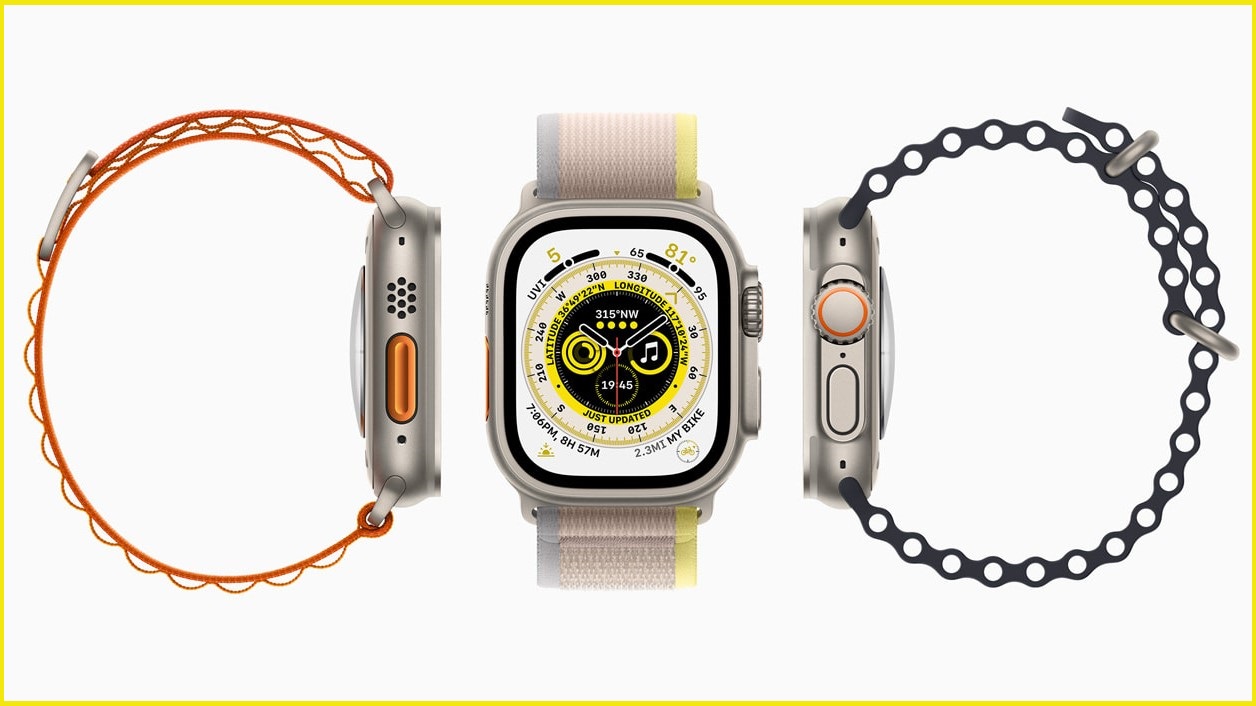Apple’s latest hardware refresh event incorporated the usual accoutrements – including a rugged smart watch, updated earbuds and next-generation iPhones – but for many users it is the release of iOS 16, and its passwordless logins, that promises to be the game-changer.
Demonstrated at the company’s WorldWide Developers Conference in June, the new Passkeys are generated using biometric face scanning and stored securely in the user’s iCloud Keychain.
Because they are tied to the user’s account, Passkeys can then be used to log onto compatible websites without having to enter a password – and because they aren’t entered by the user, they aren’t available for scraping by cybercriminals either.
The move to ditch passwords, which is also being promoted by Google and other vendors, is part of an industry-wide effort to ease secure, seamless access to online sites – with Apple earlier this year demonstrating how similar secure tokens can be used to bypass CAPTCHA checks.
The introduction of the features in iOS 16, which will be available for download on September 12 and ship built preloaded on the next-generation iPhone 14 models, could signal a major shift in the way users access their services.
It promises significant relief for enterprise security managers that continue to struggle with cybercriminals’ theft and reuse of passwords, which continue to be responsible for nearly half of all malware attacks and data breaches.
Bigger, better, faster, stronger
The passwordless features are just one of a flood of enhancements as Apple’s traditional September event refreshes the company’s lineup of personal products in the runup to the Christmas buying season.
Headlining the company’s latest product launch event were the iPhone 14 (starting from $1,399) – available in four flavours including the 14 Pro, which includes a boost to the phone’s cameras, an overhauled user interface including dynamic lock screens and the new Dynamic Island feature, and features such as automatic Crash Detection that senses an impact and triggers calls to emergency services.
The main camera has been upgraded from 12 megapixels to 48MP, although that doesn’t mean you’ll be getting bigger images: the extra pixels support a new Photonic Engine, which uses AI techniques to sort through the pixels and generate higher-definition images, particularly in low light.
The new phones will be available to order tomorrow and ship next week.
Meanwhile, the company’s AirPods Pro ($399) got a revamp that promises better noise cancellation, longer battery life and tweaks to its Spatial Audio feature, while Apple also extended its Fitness+ workout app to all iPhone users.
But the biggest changes come from an expansion of Apple’s Apple Watch family, which got two new models as well as upgrades to the Apple Watch Series 8 including a temperature sensor that enables tracking of menstrual cycles as well as sleep analysis, Crash Detection, fitness and other features.
Apple also launched a rugged Apple Watch Ultra which combines a titanium case, large 49mm case, up to 36 hours’ battery life, and the ability to stay connected without a supporting iPhone.
The watch, which will retail for $1,299 when it ships on 23 September, offers water resistance to 100 metres, military-standard toughness – making it squarely aimed at ultra-marathoners, rock climbers, scuba divers, and other purveyors of Instagram-worthy extreme sports.
Apple’s third model, the Apple Watch SE, updates the company’s entry-level smartwatch option and will cost $399 when it ships on 16 September.
Taken together, the devices update Apple’s range of end-user devices – which will all benefit from smoother handling of passwords that simplifies user authentication across the Apple ecosystem.
The event paves the way for additional events in coming months that experts believe will also see the company updating its computers, iPads, HomePod audio devices, and the long-discussed virtual reality headset.










